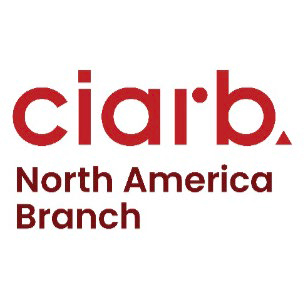
by Lionel M. Schooler, FCIArb
Jackson Walker LLP1
Introduction. In Work v. Intertek Resource Solutions, Inc., 102 F.4th 769 (5th Cir. 2024), the United States Court of Appeals for the Fifth Circuit addressed for the first time the impact upon the issue of determining the scope of arbitrability when incorporating a private arbitration provider’s Rules into an agreement to arbitrate.
Background. An Employee filed suit against his Employer, seeking to recover unpaid overtime and related wage claim relief, and pursuing approval of a collective action. The Employer responded by requesting that the claim be arbitrated, to which the parties consented.
The issue then arose as to whether the arbitration would be focused upon the Employee’s individual claim, or would be “class” arbitration. The Employer moved to compel individual arbitration, asserting that the Arbitration Agreement did not contain an express delegation clause and was silent on the issue of class-wide arbitration. In response, the Employee contended that the Agreement had incorporated JAMS Employment Arbitration Rules and Procedures.
The Agreement stated that any arbitration would be governed by the FAA and administered pursuant to JAMS Employment Arbitration Rules. The Employee contended that the Agreement “clearly and unmistakably” delegated the determination of the pending issues to JAMS, including the issue of class-wide arbitrability. The Employer challenged this interpretation, responding that while “express incorporation” might delegate certain issues to an arbitrator, it did not delegate all issues to an arbitrator.
Issue Presented. In this case, the issue presented was the impact of the Agreement’s delegation clause upon the “scope” of arbitrability; specifically, whether the delegation included the issue of class-wide arbitration.
Lower Court’s Ruling. The District Court held that the issue of class arbitrability was delegated to the arbitrator, based upon the reference to and incorporation of JAMS Rules in the Agreement. On this basis, the District Court denied the Employer’s request to compel “individual” arbitration and dismissed the case for the parties to pursue arbitration.
Court’s Analysis. On appeal, the Fifth Circuit affirmed. The Court concluded that in this case, the matter of interpretation of the Agreement and the scope of arbitration had both been delegated by the parties to the JAMS-appointed arbitrator. Accordingly, it rejected the Employer’s reliance upon the Supreme Court’s decision in Lamps Plus, Inc. v. Varela, 587 U.S. 176 (2019), which had held that an ambiguous agreement could not provide a contractual basis for compelling arbitration, much less a showing of mutual consent to resolve disputes through class-wide arbitration.
It further extended prior case law, Cooper v. WestEnd Capital Management LLC, 832 F.3d 534 (5th Cir. 2016), that had upheld delegation of arbitrability by the reference to JAMS arbitration services, to indicate that the issue of class-wide arbitration in this case was properly delegated to the arbitrator, based upon the wording of JAMS Employment Rules, which specifically refer to delegation of “jurisdictional and arbitrability disputes, including disputes over the interpretation or scope of the Agreement and who are proper parties.”
Conclusion. The issue of the breadth and depth of delegation to an arbitrator has been an expanding phenomenon. This latest Fifth Circuit decision demonstrates how broadly the importation of an arbitration service provider’s rules can affect delegation.
1 Mr. Schooler is former Board Member of the North American Branch of the Chartered Institute of
Arbitrators, and the immediate Past Chair of its Texas Chapter.

